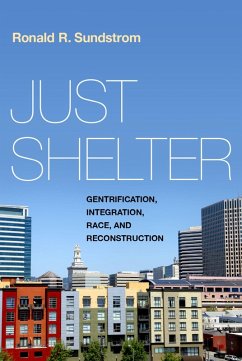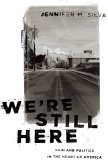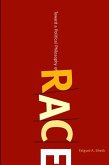The United States of America is experiencing a housing crisis, which, by some estimates, started in the early 2000s and was made worse by the financial crisis of the 2007-2008 recession. Hundreds of thousands of Americans lack decent and affordable housing or everyday shelter. Instead, they must live in tent encampments stowed in the niches of neighborhoods and under the freeway overpasses of many major U.S. cities, often in unsafe conditions. Signs of this crisis are all around: in the spikes of evictions, in nationwide problems with over- and under-development, and in the growing concerns about the sustainability of this nation's towns and cities in the face of global climate change. This crisis didn't arise from the specific circumstances of the housing market or shortfalls in the construction of new homes or increased labor and material costs. The current housing crisis is the result of state-sponsored discrimination in housing and land-use policy and the enforcement of racial and class-based discrimination by neighborhoods and cities. All of these phenomena have had long-lasting effects on access to housing and educational and economic opportunity. Just Shelter is a work of political philosophy that examines the core injustices of the contemporary U.S. housing crisis and its relation to enduring racial injustices. It examines the harms of segregation, and asks: are desegregation or integration morally required of our communities and societies? Are the concerns that are expressed about gentrification related to the moral and political concerns that we have with segregation? Is there a moral imperative, and would it be politically legitimate, for our communities and society to mitigate or stop gentrification? Just Shelter investigates gentrification, segregation, desegregation, integration, and homelessness. To achieve justice in social-spatial arrangements, federal, state, and local governments must prioritize the crafting and enforcement of housing policy that corrects the injustices of the past. If we do not address the history of racism in housing policy, we will never solve today's housing crisis.
Dieser Download kann aus rechtlichen Gründen nur mit Rechnungsadresse in A, B, BG, CY, CZ, D, DK, EW, E, FIN, F, GR, HR, H, IRL, I, LT, L, LR, M, NL, PL, P, R, S, SLO, SK ausgeliefert werden.









